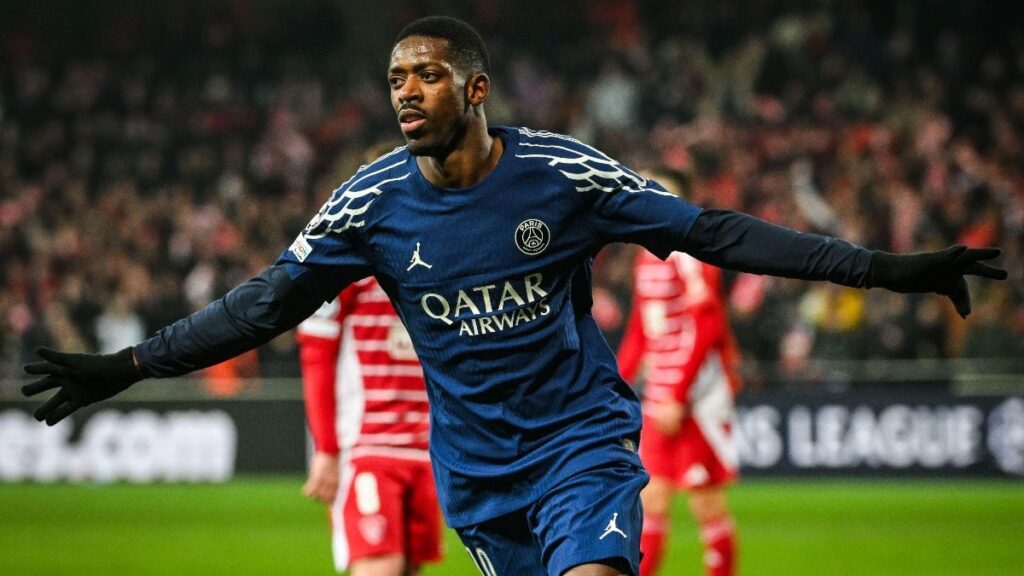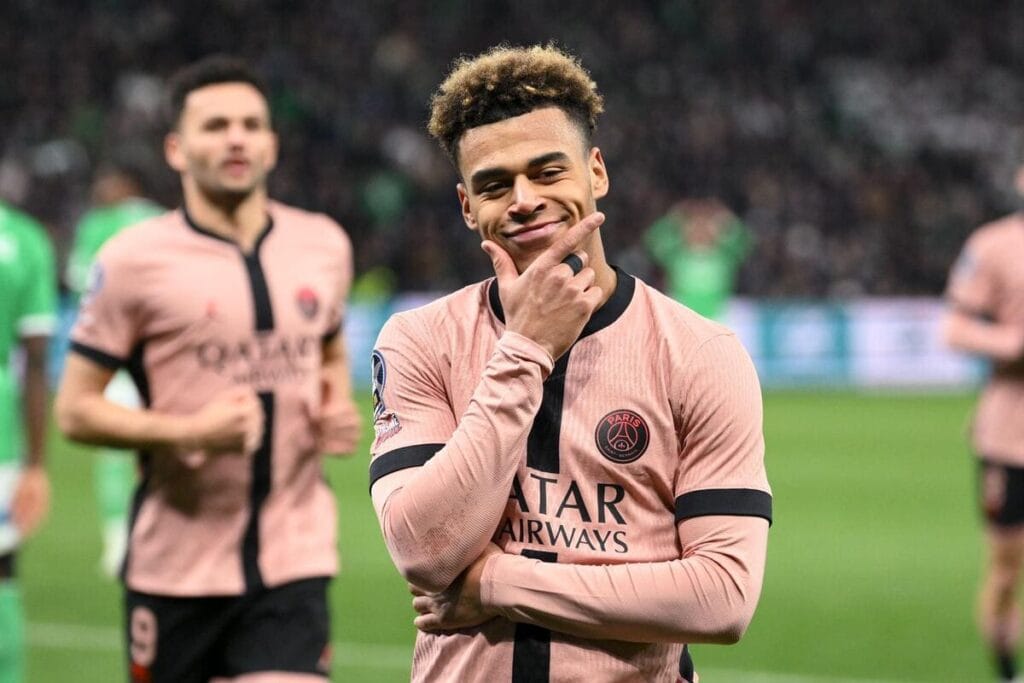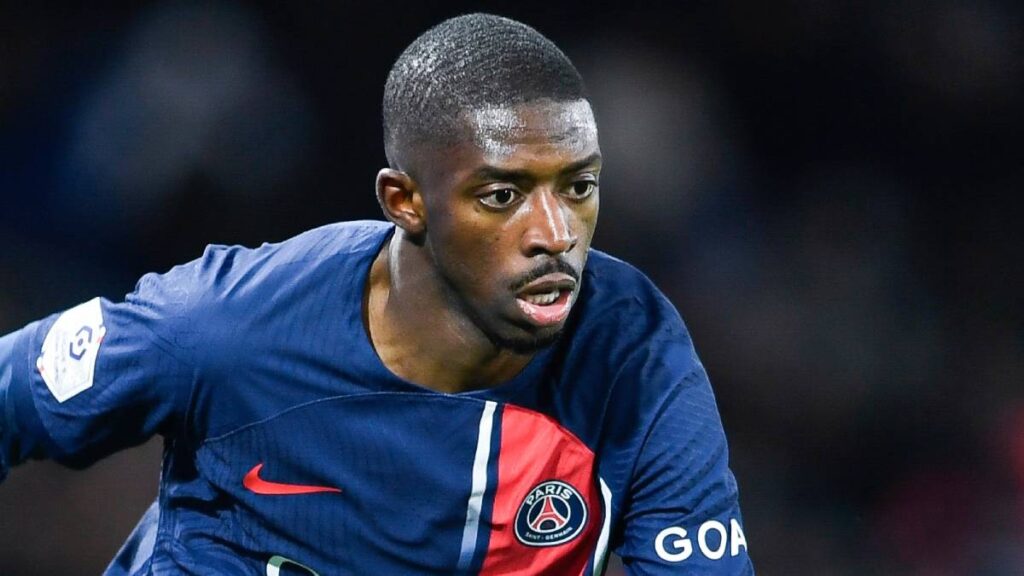France started their 2026 Fifa World Cup qualifying campaign victoriously when the two-time champions beat Ukraine 2-0 in Wroclaw on September 6 – but the result came at a price for Paris Saint-Germain pair Ousmane Dembele and Desire Doue.
Striker Dembele replaced injured winger Doue at half-time, only to be forced off himself because of an issue, with Liverpool’s Hugo Ekitike coming on for his senior debut.
PSG are said to be “furious” as the French giants face being without two of their key attacking players from their 2024/25 Champions League, Ligue 1 and French Cup triumphs.
101GreatGoals.com explains how long Dembele and Doue might miss for PSG and France and the reported response from their club.
Ousmane Dembele injury
Dembele, who scored two penalties in PSG’s 6-3 win at Toulouse on August 30 but was substituted because of hamstring discomfort, lasted 35 minutes against Ukraine before pulling up with a right-thigh injury, according to L’Equipe.
The outlet said PSG are “furious” over the incident, although France manager Didier Deschamps insisted he had been “sure” the 28-year-old, who also suffered a quad injury on international duty in June, was ready to play.
“Besides, it’s the other thigh,” said Deschamps. “He was in good shape. It’s unfortunate for him, but it could have happened to another player.
“I acted according to what he thought and, from a medical point of view, there was no problem.”
No player outscored Dembele in Ligue 1 last season.

When will Dembele be back from injury?
Dembele will be out for six weeks, according to GFFN, meaning he will miss the start of PSG’s Champions League campaign and could return for their league game at home to Strasbourg on October 17.
Paris visit 2023/24 German champions Leverkusen four days later.
Desire Doue injury
Doue was replaced at half-time because of a torn soleus muscle in the 20-year-old’s right calf.
When will Doue return from injury?
France newcomer and former Rennes prospect Doue is expected to be out for between three to four weeks.
That timeframe would mean the earliest he could return would be at home to Auxerre on September 27. PSG visit Barcelona in the Champions League on October 1 and Lille in Ligue 1 on October 5.
France return to World Cup qualifying action by hosting Azerbaijan on October 10 and visit Iceland three days later.

Which games will Dembele and Doue miss? PSG, France
Here’s the full list of PSG and France games during the remainder of September and October.
PSG fixtures
September 14: Lens (H)
September 17: Atalanta (H)
September 21: Marseille (A)
September 27: Auxerre (H)
October 1: Barcelona (A)
October 5: Lille (A)
October 17: Strasbourg (H)
October 21: Leverkusen (A)
October 25: Brest (A)
October 29: Lorient (A)
France fixtures
September 9: Iceland (H)
October 10: Azerbaijan (H)
October 13: Iceland (A)

PSG injuries: What have Paris said about Dembele and Doue?
PSG described the injuries as”significant sporting consequences for the players and the club” and said they had sent a letter to the French Football Federation “urgently calling for a new medical-sports co-ordination protocol between clubs and the national team” that was “more transparent and collaborative to make the health of players and their medical support an absolute priority”.
“Paris Saint-Germain, which monitors its players’ medical needs throughout the year and has access to precise and detailed information, had provided the federation with concrete medical information – even before the start of the French national team’s training – on the workload its players could bear and the risk of injury,” they added.
“The club deplores the fact that these medical recommendations were not taken into account by the French national team’s medical staff, as well as the total lack of consultation and consultation with its medical teams.
“Paris Saint-Germain, which wishes to reaffirm its commitment to the federal mission and to the French team, whose influence constitutes a fully shared objective, hopes that these regrettable events will pave the way for the establishment of a new formalised framework.
“[That will feature] medical co-ordination guaranteeing systematic, documented and reciprocal exchanges between the medical staff of the clubs and the national team, as well as respect for a reinforced precautionary principle in the summoning and use of players, particularly when they present a pathology currently being treated.
“The recent serious and avoidable incidents must result in swift and immediate corrective action. The club stands ready to actively contribute to this collective effort, in the interest of the players and professional football as a whole.”